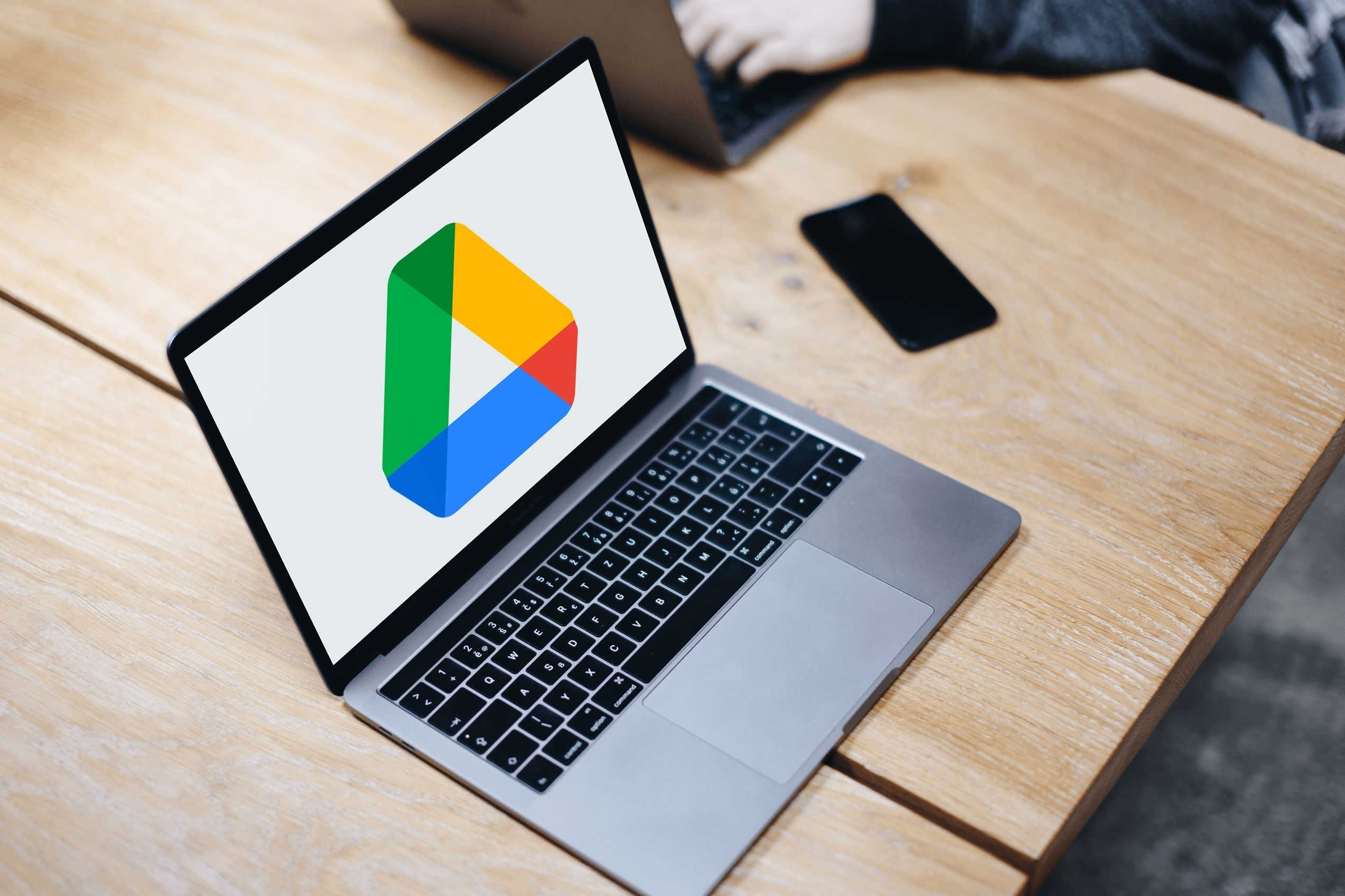
"We're introducing new policies for consumer accounts that are either inactive or over their storage limit across Gmail, Drive (including Google Docs, Sheets, Slides, Drawings, Forms and Jamboard files) and/or Photos to better align with common practices across the industry," explains Google in a blog post announcing the change. Or, alternatively, it may be that a Google user simply stored some valuable files away for a while - like one might with physical documents in a fire-proof safe - and simply hasn't peeked at them in a few years. Google frames this change as a way to tidy up abandoned digital detritus, perhaps left over from long-forgotten accounts.

Notably, going forward, Google says that if you don't check in on your Google Drive files every now and then, it may delete them. Google announced a new storage policy Wednesday governing user accounts, and while most of the resulting headlines focused of a new price tag for Google Photos, an important change went mostly overlooked.


 0 kommentar(er)
0 kommentar(er)
